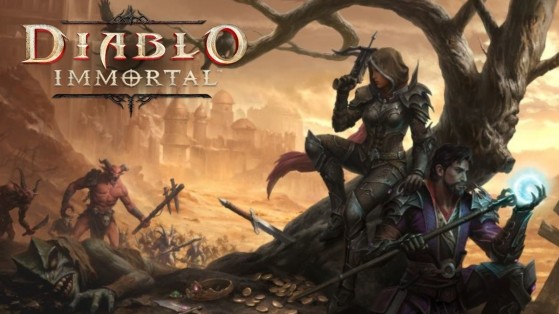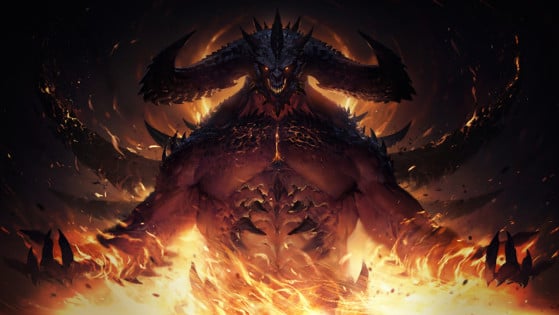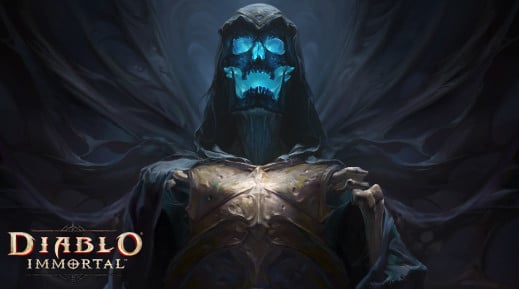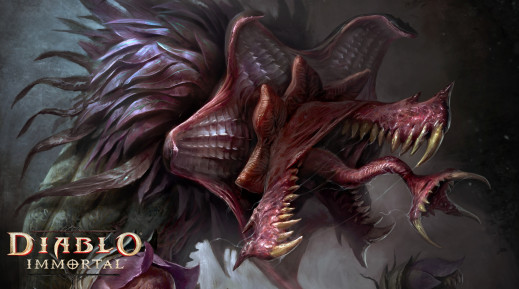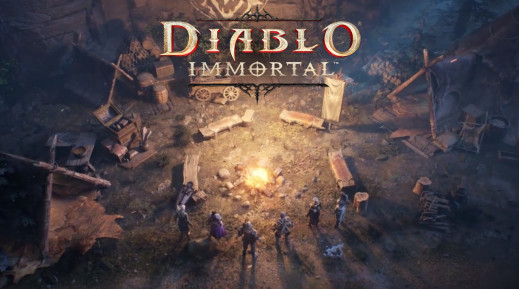Mistreated since its release on social networks, among influencers and in the press, Diablo Immortal heals its many wounds, while the title is only a very short month old. Not sure that the game will manage to fall back on its feet after a launch that will have literally collapsed under criticism. These rocketed from all sides, and mainly affected a single aspect of the game: its monetization .
By opting for the " free to play / pay to fast" model full of microtransactions, Blizzard has alienated a large part of the franchise's fans.
Diablo Immortal at 70 euros from the outset?
On Reddit, a post asks if Diablo Immortal would have had a better reception by costing 70 euros to download, but without subsequent microtransactions . Probably, except that it would then not have been downloaded in the same proportions. Indeed, in the mobile games market, free with optional microtransactions is the only system that prevails. No big publisher has ever had success on mobile with a "premium" PC or console title, with completely accessible content, but a substantial entry price.
The catch is that hardcore Diablo fans have always known the "premium" model. And with Diablo Immortal, the transition was brutal, to say the least. Admittedly, the latter is free, but it conveys a large number of frustrations inherent in its economic model .
Fair free to play exists
Where the shoe pinches is that there are many ways to juxtapose "free to play" and "fairness between players". By monetizing its game progress (via crests , legendary gems, and run quotas, for example), instead of cosmetics , Blizzard seems to have made an eliminatory "misstep." For the past few weeks, Path of Exile has served as a good student next to this latest Diablo, which is unlikely to be among the most memorable opuses in the franchise. The Grinding Gear Games game also contains microtransactions, but they affect cosmetics, not progression.
